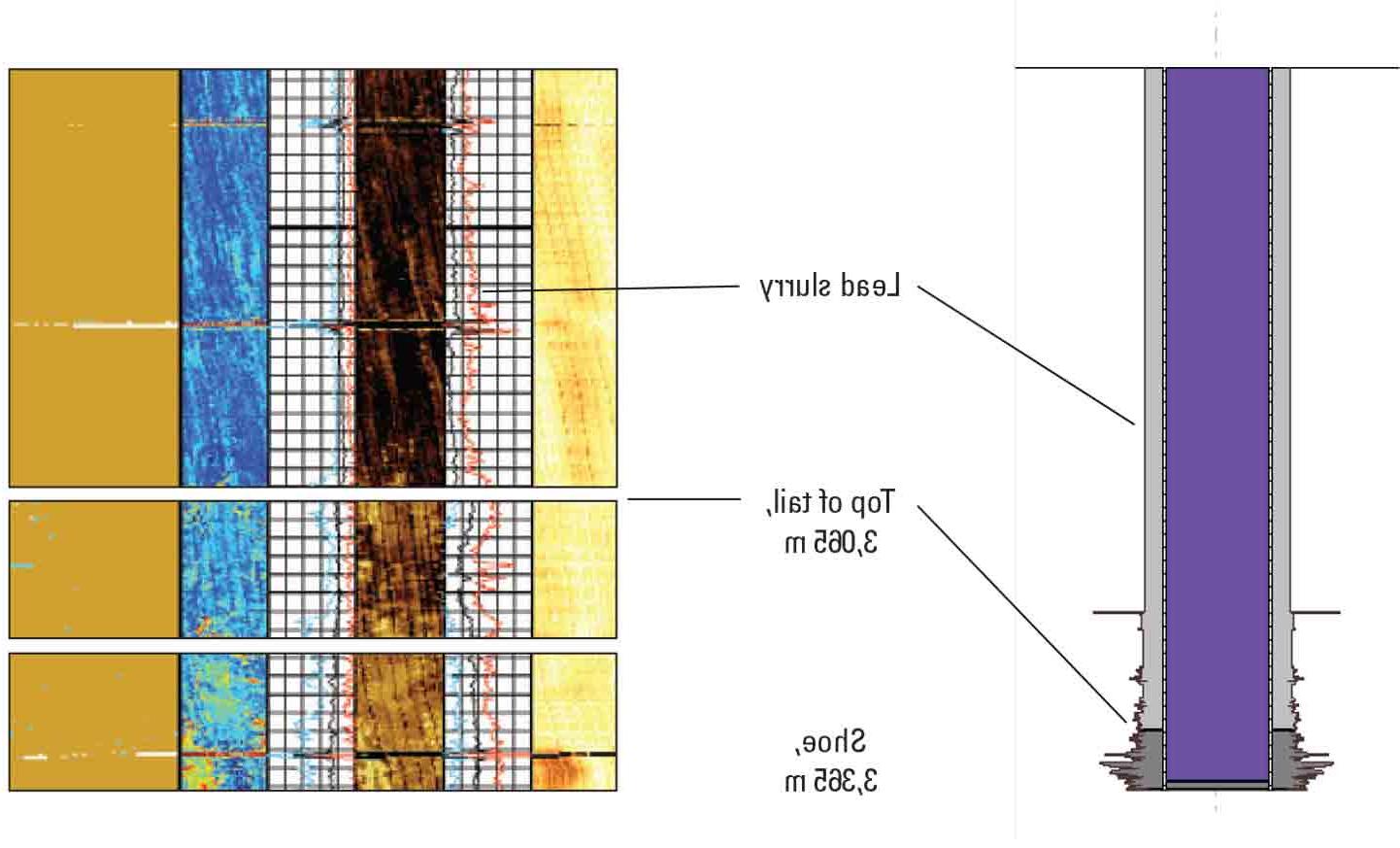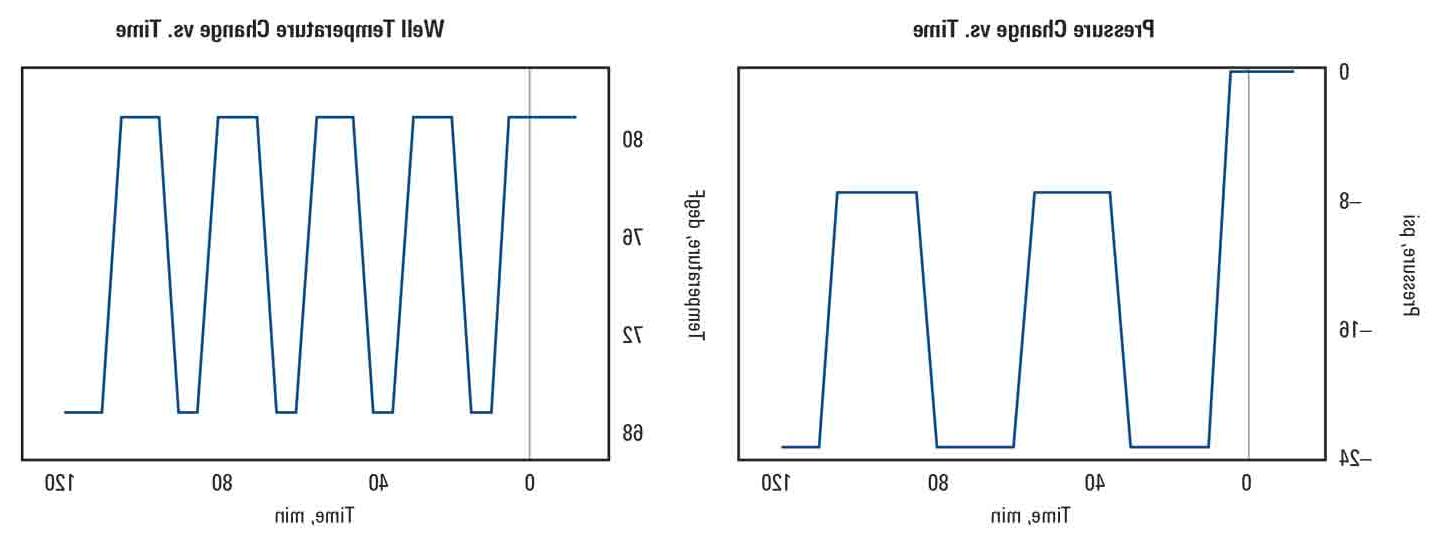Optimize zonal isolation for the life of the well.
全国最大的快3平台-全国快3信誉最好的老平台

Published: 10/14/2014

Published: 10/14/2014

Supply and demand for natural gas in China is markedly imbalanced, making underground gas storage an important part of the country's economy. China's domestic natural gas production cannot match the sharply rising demand, so gas is made available only in peak winter months. Underground storage facilities serve a vital role, acting as a strategic reserve, helping counter demand fluctuations, optimizing gas-transport-pipeline capacity, and financially hedging changes in gas price.
PetroChina operations in Hutubi, Xinjiang, focus on underground gas storage wells within a depleted reservoir. The company invested more than USD 1.5 billion in the dry gas field and a storage capacity of 4.51 × 109 m3 in a total of 37 wells. PetroChina was concerned with well integrity and was unable to apply a conventional cement system because of tension failure. Fluctuations in pressure and temperature are caused by injecting and withdrawing natural gas over time, which induces different stresses on set cement in the annulus. Well integrity can be destroyed either by debonding or cracking.
PetroChina needed a cement system that ensured long-term cement sheath integrity in the caprock and pay zone. And with the storage wells located within 15 km of Hutubi, operations needed to prioritize safety.

PetroChina reached out to Schlumberger for this underground storage project (the first in western China) because of its reputation for leading technologies and superior service quality in the region. The team chose FlexSTONE advanced flexible cement technology for cementing the wells; the advanced flexible cement has mechanical properties matched to the downhole stress environment, enabling it to conform to changing conditions.
Collaborating with PetroChina, Schlumberger designed the job using a specialized engineering workflow:

Once validated by simulation, the FlexSTONE flexible cement technology was pumped downhole, followed by formation integrity testing to evaluate the cement quality.
The UGS well is drilled in four stages, which include the surface casing, first intermediate casing, second intermediate casing, and production liner.
In the third stage, FlexSTONE technology is used as tail slurry in the second intermediate casing to cement and seal the caprock of the depleted reservoir and ensure a complete entrapment, while the normal slurry system is used as lead.
During the last stage, FlexSTONE technology is used in the production liner cementing. The liner is perforated and natural gas will be injected and withdrawn through the liner into the depleted gas reservoir.
A total of 32 wells were successfully drilled and cemented according to their individual stress requirements, giving PetroChina its first underground gas storage field in western China, which is capable of holding 4.51 × 109 m3. Formation integrity tests for the newly constructed wells showed no losses, excellent bonds, and good formation arrivals, proving the strong coupling between the cement and the formation.
The high quality and flexible nature of the FlexSTONE advanced cement technology gave wells integrity to last 30 years or more under high-intensity injection—preventing costly remedial jobs entirely. Furthermore, the careful and intentional design strategy employed by the Schlumberger team ensured safe operations close to the populated areas of Hutubi.
CHALLENGE
Construct underground gas storage
wells in a depleted reservoir and maintain well integrity in the face of
dynamic downhole conditions.
SOLUTION
Apply FlexSTONE advanced flexible
cement technology and design cement properties using CemSTRESS cement sheath
stress analysis software.
RESULT
Cemented wells with zero losses and
excellent coupling between the cement and the formation, ensuring well
integrity for decades and preventing costly remediation.